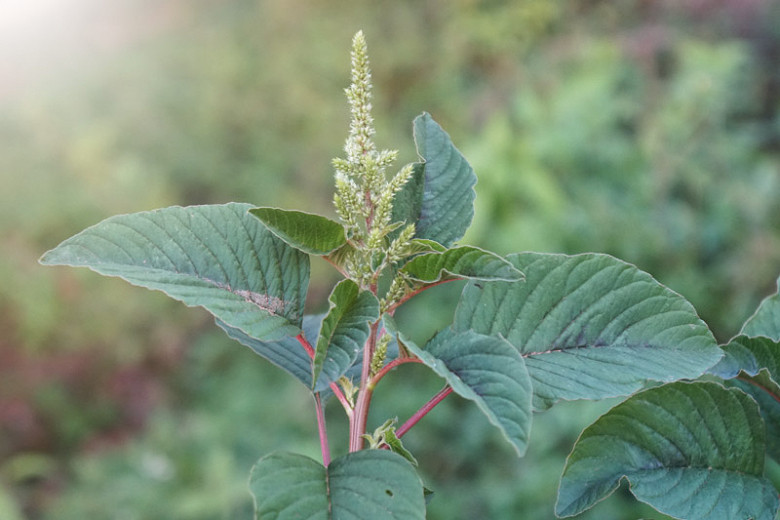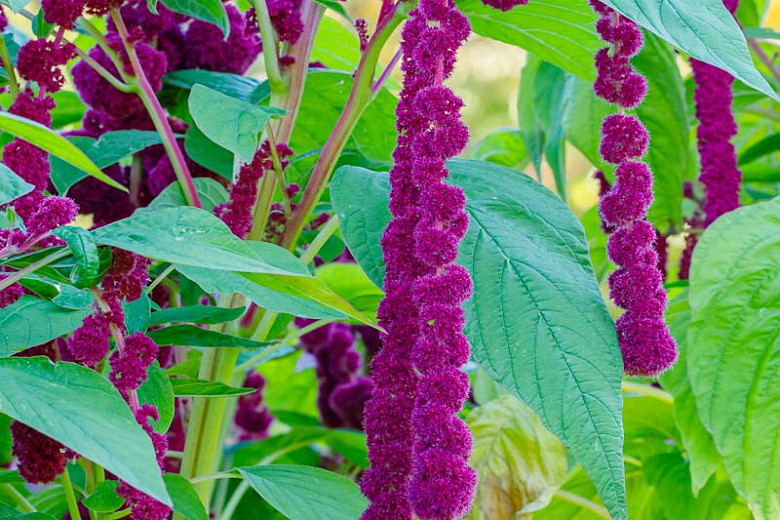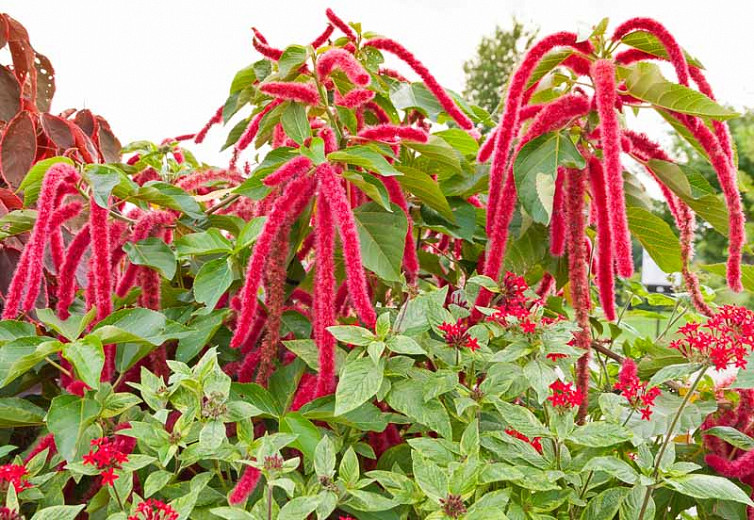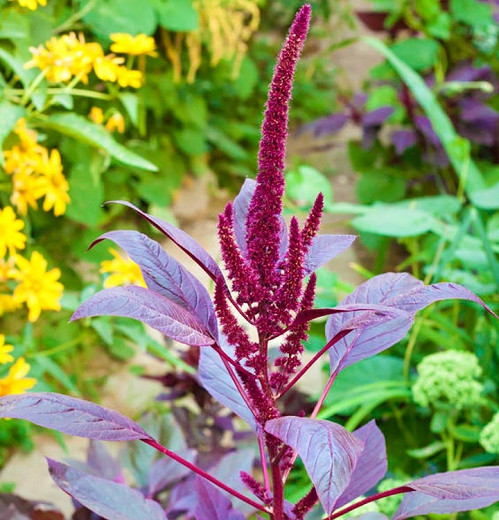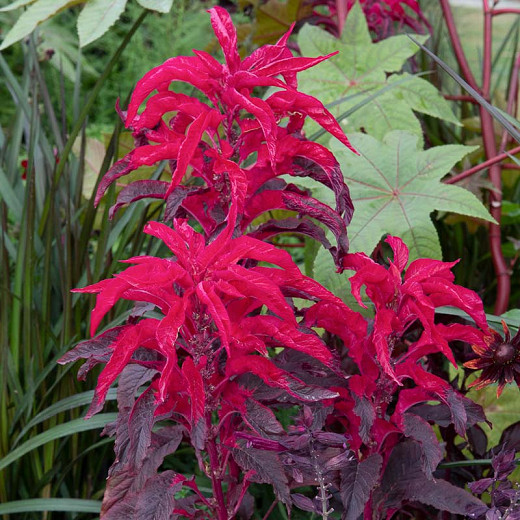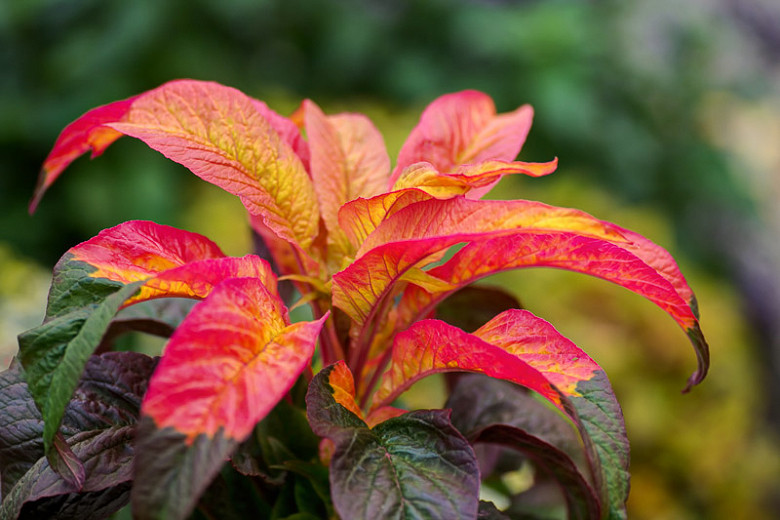Amaranthus viridis (Slender Amaranth)
An excellent substitute for spinach, Amaranthus viridis (Slender Amaranth) is a vigorous, erect annual or short-lived perennial with a slender branched stem and deeply veined leaves, up to 6 in. long (15 cm), with a long leaf stalk. Occasionally eaten as a cooked vegetable, the leaves are diuretic and purgative and used in poultices to treat inflammations.
An excellent substitute for spinach, Amaranthus viridis (Slender Amaranth) is a vigorous, erect annual or short-lived perennial with a slender branched stem and deeply veined leaves, up to 6 in. long (15 cm), with a long leaf stalk. Occasionally eaten as a cooked vegetable, the leaves are diuretic and purgative and used in poultices to treat inflammations. A decoction of the entire plant is used to stop dysentery and inflammation. In summer, a dense spike, often with many branches, is packed with small green flowers. They give way to wrinkled fruit capsules that contain smooth and glossy seeds. The nutty edible seeds can be eaten as snacks or used in biscuits.
- Grows up to 2-3 ft. tall (60-90 cm).
- Performs best in full sun, in moist, well-drained soils. Provide a sheltered location.
- Propagate by seed sown in-situ in late spring.
- Native to the tropical and subtropical regions of the world, the southern United States and Mexico
Requirements
| Hardiness | 7 – 11 |
|---|---|
| Plant Type | Annuals |
| Plant Family | Amaranthus – Amaranths |
| Exposure | Full Sun |
| Season of Interest | Summer (Early,Mid,Late)Fall |
| Height | 2' – 3' (60cm – 90cm) |
| Water Needs | Average |
| Maintenance | Low |
| Soil Type | Clay, Loam, Sand |
| Soil pH | Acid, Alkaline, Neutral |
| Soil Drainage | Moist but Well-Drained |
| Characteristics | Showy |
| Native Plants | United States, Midwest, Michigan, Northeast, Massachusetts, New York, Pennsylvania, Southeast, Alabama, Arkansas, Florida, Georgia, Louisiana, Mississippi, North Carolina, South Carolina, Tennessee, Virginia, Southwest, Arizona, New Mexico, Oklahoma, Texas |
| Garden Uses | Beds and Borders |
| Garden Styles | Informal and Cottage |
